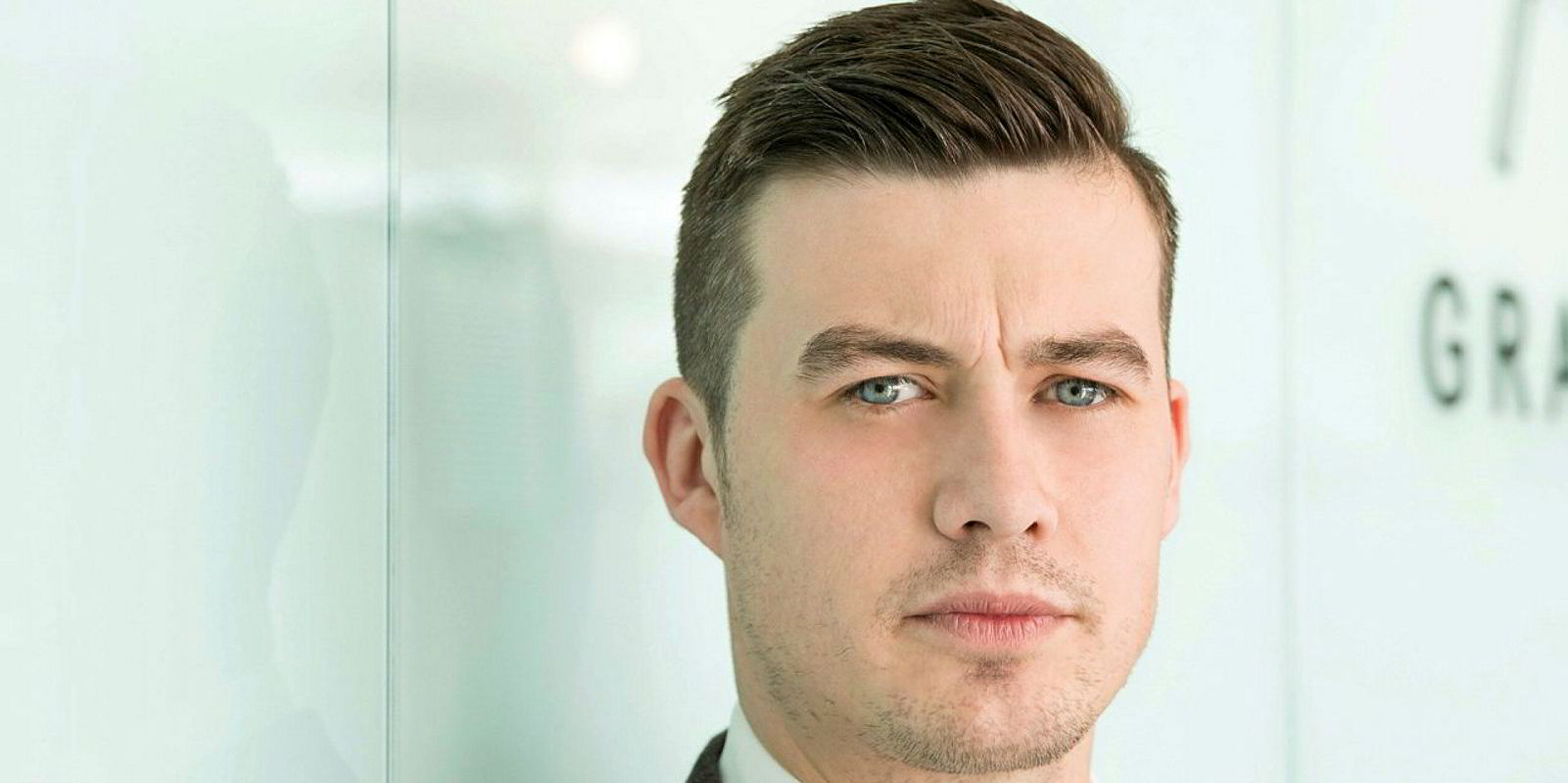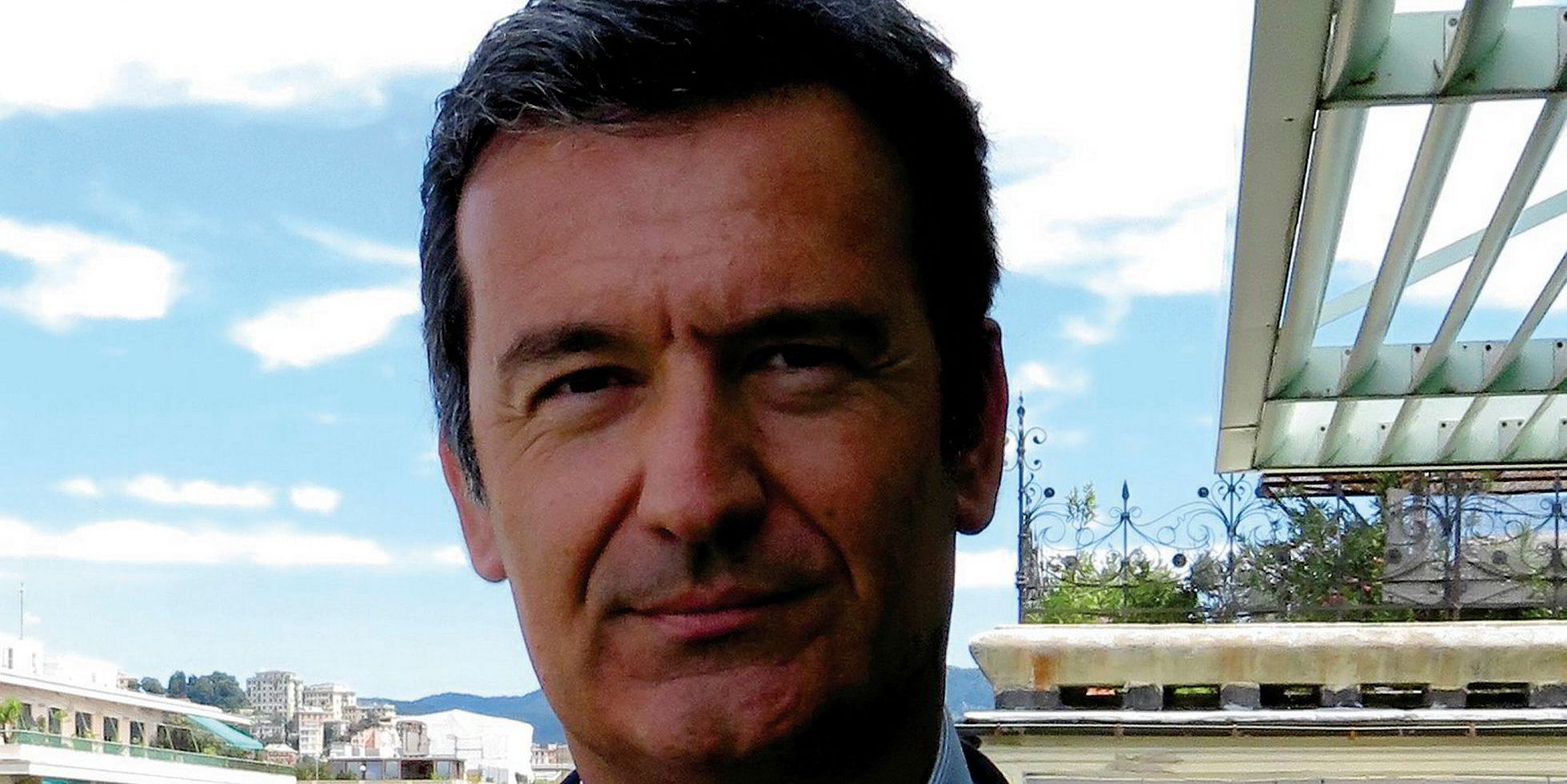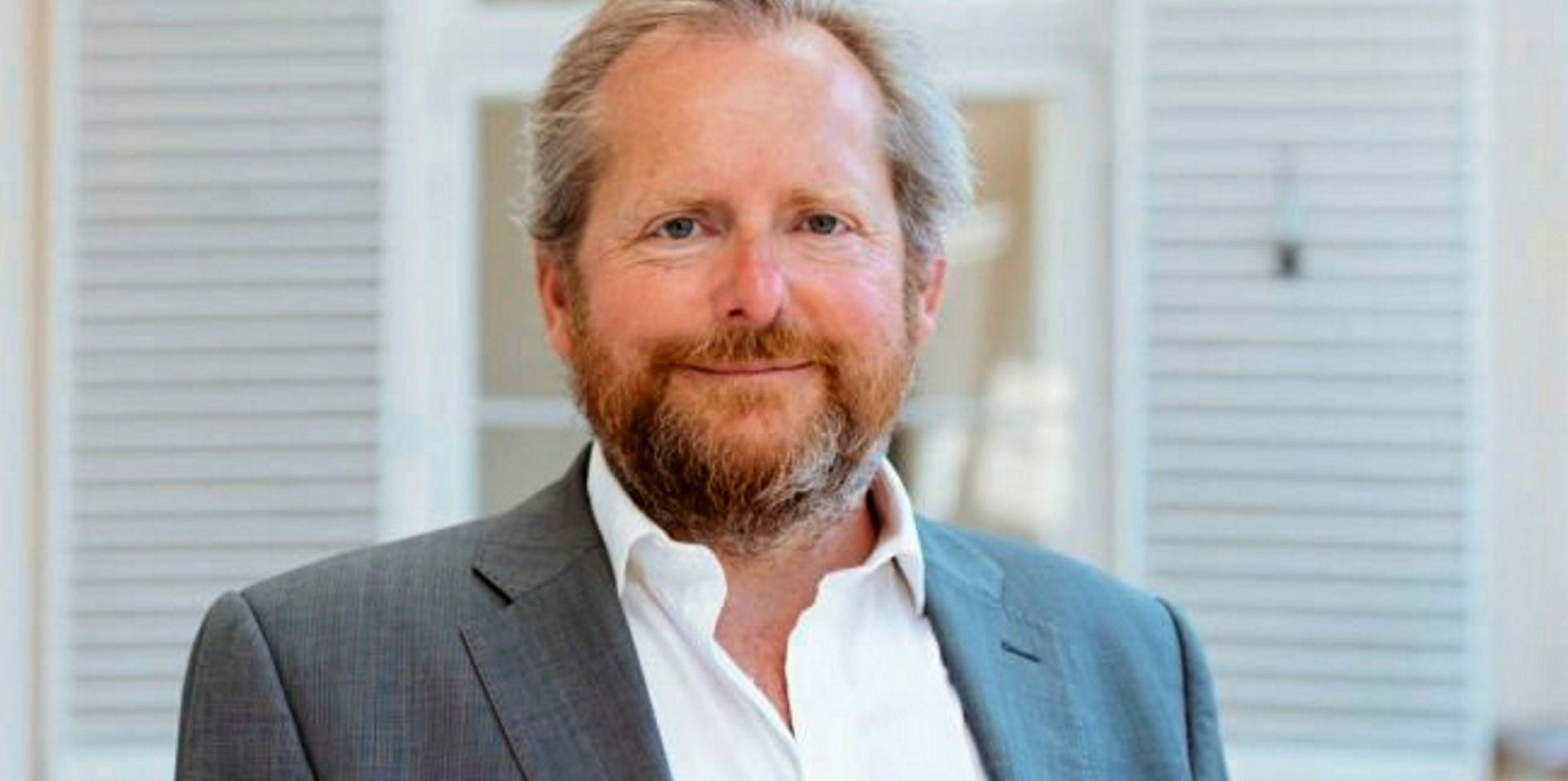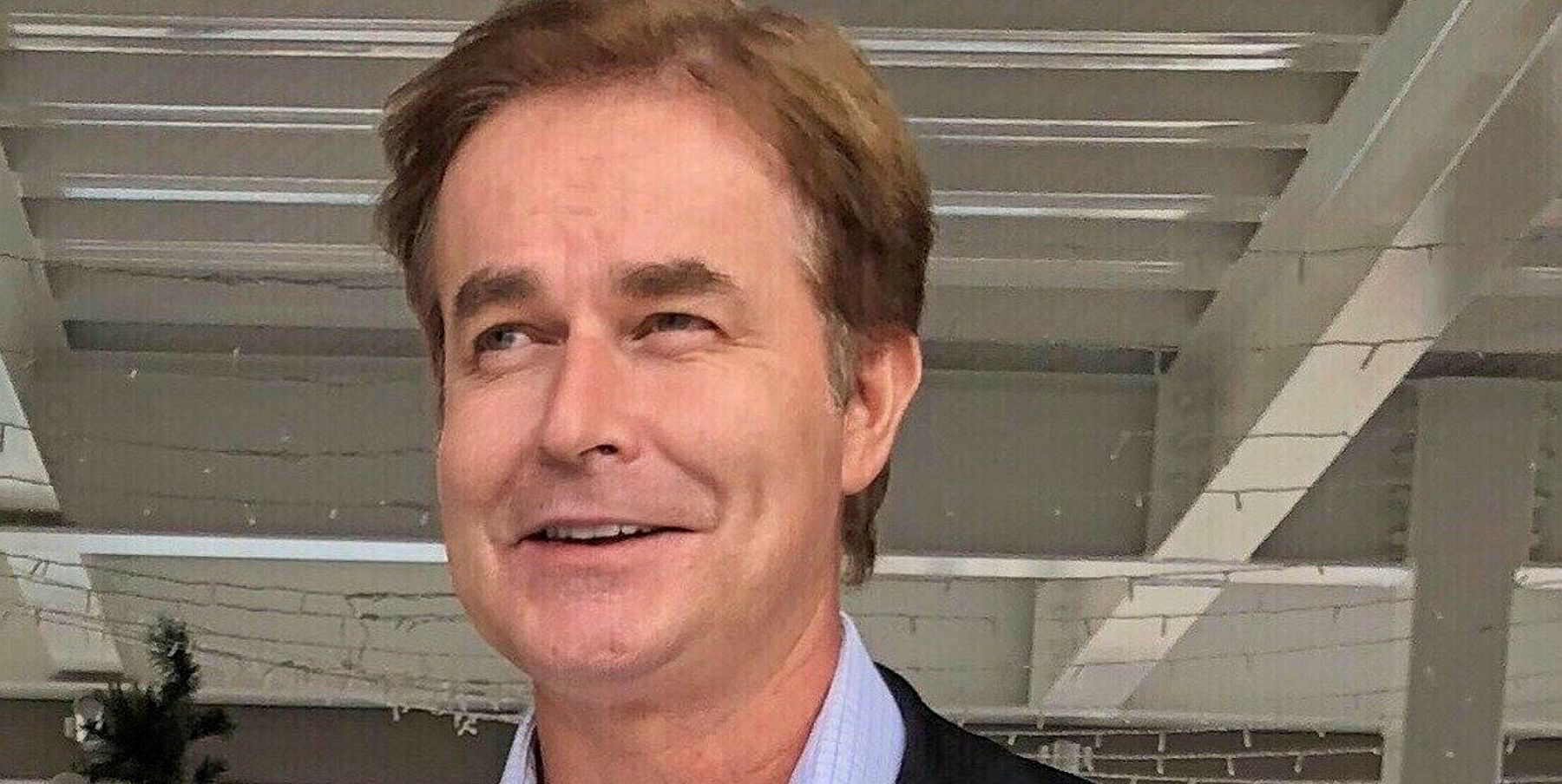Ship inspection firm Idwal believes remote surveys will not be able to fully replace physical ones, despite growing industry acceptance.
With travel restrictions across the globe during the coronavirus pandemic, many vessel inspectors have opted to carried out their surveys remotely via information technology tools this year.
But Idwal chief executive Nick Owens warned that remote surveys are still constrained by hardware issues and network connectivity, and cannot help improve crew training.
“There is no substitute for boots on deck,” Owens told an online Marine Money forum on Thursday. “Remote surveys cannot replace physical surveys in the long term.”
While the industry has made great strides in remote surveys in the past six months, many technical challenges remain based on the available tools, Owens said.
For example, inspectors rely on onboard cameras and video streaming in remote surveys.
“With the hardware, there are blind spots to the access to the tanks, ballast tanks and boiler spaces,” Owens said.
Some terminals may even restrict the use of remote survey tools or have connectivity issues when inspectors need to stream for large video files, he added.
Moreover, Owens suggested some “soft elements” in ship inspections would be overlooked during remote surveys.
“It’s impossible to assess cultural issues on board, such as the respect for crew safety and welfare,” he said.
“Remote surveys provide no options to assist crew training, guidance and support which might be needed.
“This leaves out critical functions of the survey process that cannot be replaced yet by remote applications.”
Idwal, a subsidiary of Cardiff-based Graig Shipping, has a network of over 300 marine surveyors worldwide.
To reduce health risks during the pandemic, Owens said his company seeks to gather data in the pre-inspection stage to minimise the time surveyors spend on board.
“We spent a lot of time on pre-inspection and data collection,” Owens said. “Our surveyors carry their own food and water. They don’t eat on board, don’t socialise with the crew.
“They never stay [overnight] on board and they have with them Covid-19 safety kits.
“Our focus is on reducing the risks of crews and surveyors in order to make sure the inspections can still continue.”






